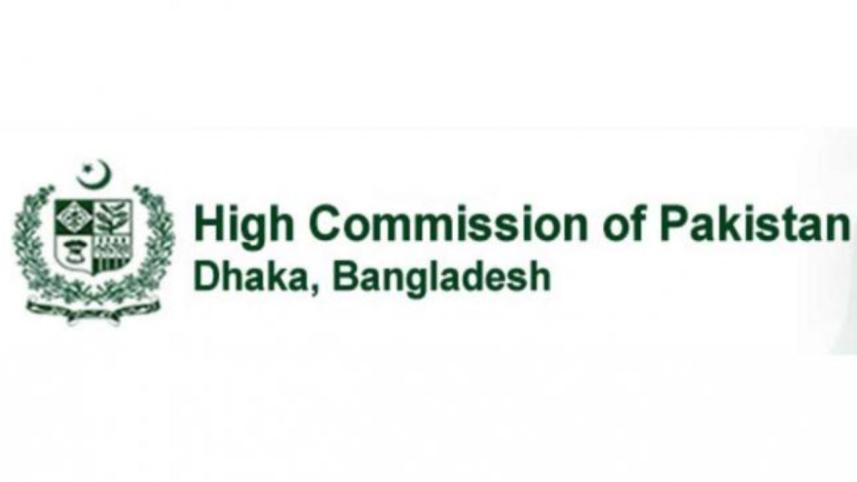Punishment of a war criminal

We take strong exception to the comments made by Turkey and Pakistan following the execution of Mir Quasem Ali for crimes against humanity. This is not the first time that these two countries have done so. After every such legal action against war criminals they have shed tears for those who were responsible for the death of three million Bengalis and the sexual abuse of a quarter of a million of our mothers and sisters.
We must also point out once again that the legal procedures followed in the trials have been in accordance with the established and accepted norms. There was enough scope for the accused to prove the allegations wrong. Nowhere in the trial for such crimes but at our International Crimes Tribunal is an accused given the right to appeal.
In this light we find the comments made by Pakistan particularly deplorable, for it is Pakistan's occupation army that had unleashed a reign of terror on the unarmed civilians of this land. Not only for flagrant interference into the internal affairs of our country, Pakistan's official stand is also a testimony to its refusal to come to terms with its role in 1971 and is an acknowledgement of the role of the likes of the accused. We are also deeply disturbed by the Turkish statement that the trial and hanging will divide our nation. This, to say the least, is a controversial comment, one that transgresses the norms of diplomacy. Turkey can be rest assured that the trial of war criminals unites us as a nation.
Mir Quasem has been punished not as a political leader but a war criminal. And glorification of a criminal is reprehensible.



 For all latest news, follow The Daily Star's Google News channel.
For all latest news, follow The Daily Star's Google News channel.